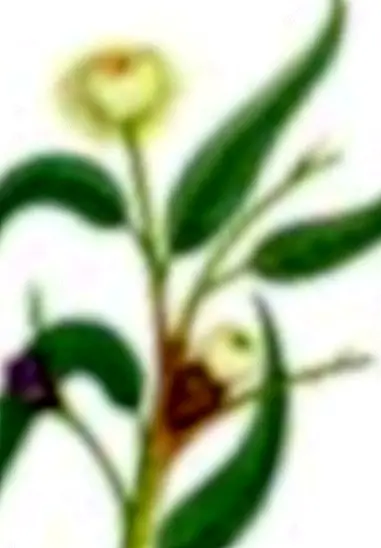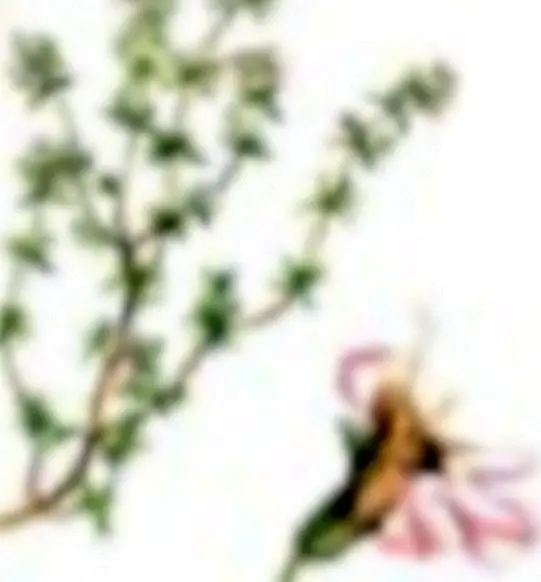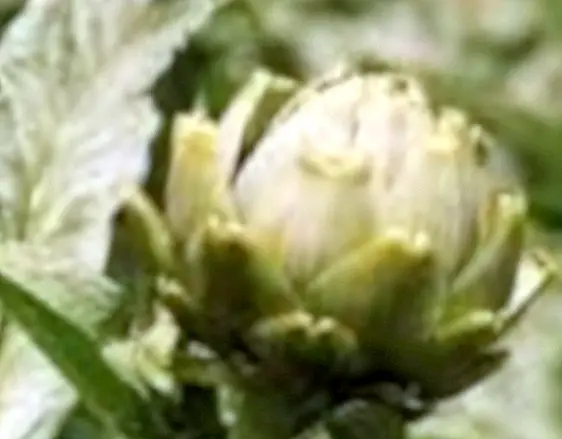Phytotherapy and medicinal plants for autumn and winter
With the arrival of autumn and, with it, from the cold, it becomes necessary take care of our body and our defenses much more than the rest of the year, being able to take foods or supplements that reinforce it and that, in short, can protect us when we feel weak.

The Phytotherapy counts among its long list of medicinal plants with a series of virtues especially indicated for this beautiful seasonal season in which we find ourselves.
Medicinal plants for the coldest seasons of the year
Here we echo some of the most important plants for when we have colds or have flu:
- The eucalyptus, for the affections of the respiratory system.
 As we saw in a previous article, it is an ornamental tree of great size originating in Australia. In medicine, only the leaves of the globulus species are used, especially for their antiseptic properties in the respiratory tract.
As we saw in a previous article, it is an ornamental tree of great size originating in Australia. In medicine, only the leaves of the globulus species are used, especially for their antiseptic properties in the respiratory tract.
Its leaves are rich in an essential oil whose main component is eucalyptol, a mucolytic that fluidifies the pulmonary secretions, favoring its expulsion.
Precisely for all this, it is also antitussive and inhibits bronchial irritation in both acute and chronic bronchitis, also possessing a good antibacterial activity. - The mullein, against pain and inflammation of the throat, cough and bronchitis
 It has softening mucilages and anti-inflammatory harpagosides that allow the effective use of its flowers in the tracheitis and inflammations of the throat.
It has softening mucilages and anti-inflammatory harpagosides that allow the effective use of its flowers in the tracheitis and inflammations of the throat.
It also has aucuboside, whose analgesic and antimicrobial properties complement the action of mucilages in the treatment of chronic and acute bronchitis. - Thyme, for intermittent and dry cough

Has antiseptic properties used to treat lung infections. Being espasmolítico calms the whooping cough, the episema and the spasmodic cough, acting, in addition, on the rhinorrhea diminishing the nasal secretions. - Greater plantain, for allergic respiratory diseases
 It contains iridoid, being the most important the aucuboside of antitussive and actibacterial properties useful in the treatment of bronchopulmonary conditions.
It contains iridoid, being the most important the aucuboside of antitussive and actibacterial properties useful in the treatment of bronchopulmonary conditions.
It is also antiallergic and antitussive.
An interesting option is to enjoy them from the preparation of delicious infusions made from dried medicinal plants, as it is a good way to ensure the correct contribution of properties without losing their most important medicinal virtues.
You can also find them in herbalists and specialized stores in the form of drops (which can be taken in the company of a large glass of water), or depending on certain plants, take them in the form of capsules. ThemesWinter Autumn Medicinal plants
 As we saw in a previous article, it is an ornamental tree of great size originating in Australia. In medicine, only the leaves of the globulus species are used, especially for their antiseptic properties in the respiratory tract.
As we saw in a previous article, it is an ornamental tree of great size originating in Australia. In medicine, only the leaves of the globulus species are used, especially for their antiseptic properties in the respiratory tract. It has softening mucilages and anti-inflammatory harpagosides that allow the effective use of its flowers in the tracheitis and inflammations of the throat.
It has softening mucilages and anti-inflammatory harpagosides that allow the effective use of its flowers in the tracheitis and inflammations of the throat.
 It contains iridoid, being the most important the aucuboside of antitussive and actibacterial properties useful in the treatment of bronchopulmonary conditions.
It contains iridoid, being the most important the aucuboside of antitussive and actibacterial properties useful in the treatment of bronchopulmonary conditions.


